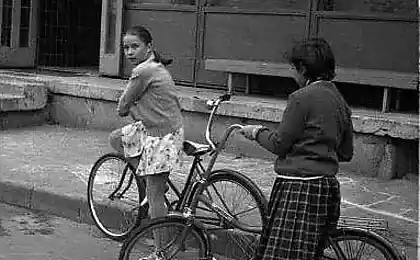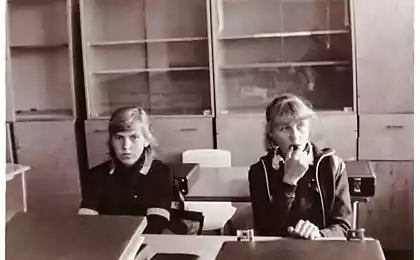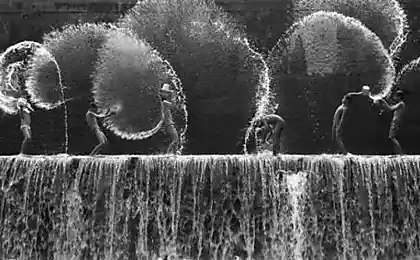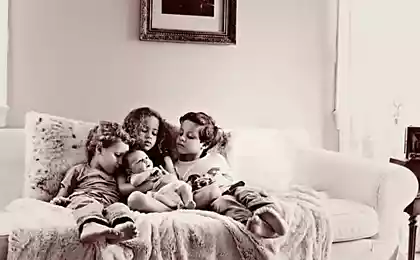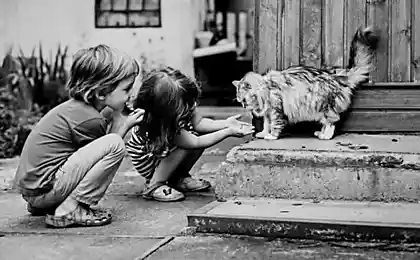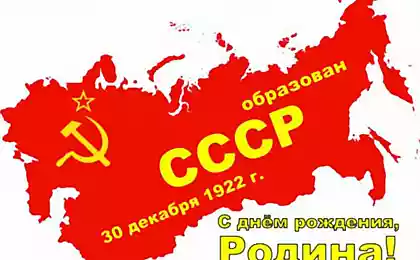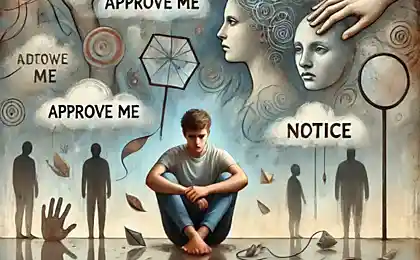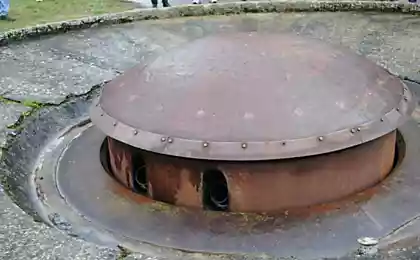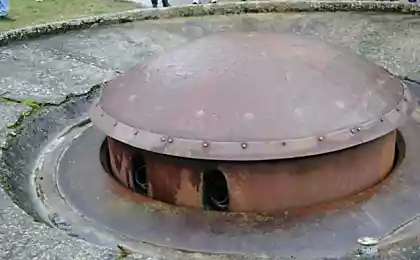632
How to raise children in the Soviet Union or What is good, what is bad
An amazing paradox — no matter how much horror we were not taught about the Soviet Union and the Soviet system of education is still considered to be almost ideal. The best, right movies were filmed in the Soviet years. Children's songs, which is better still, was also written in the Soviet years.
And like many were glad to abandon the only forceful Communist ideology imported from abroad (recall that Marx and Engels were Germans). But being planted in Russian soil, these ideas still got originality.
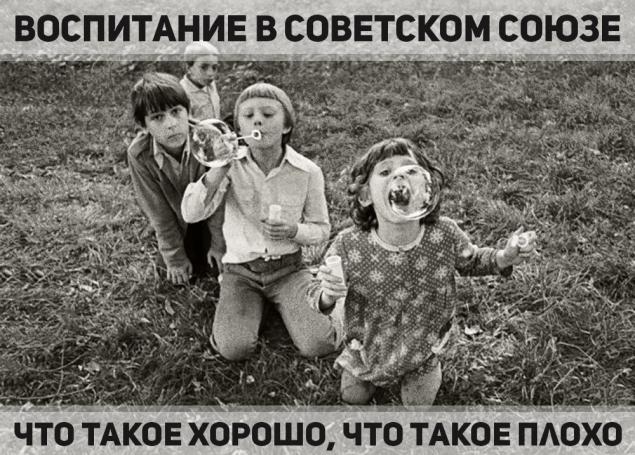
"Thank you, comrade Stalin, for our happy childhood!" – said generation, restored the country after the war.
Where was the turning point, when the train composition state called the Soviet Union went on the road to the abyss?
In my opinion, its roots lie in 1953, and the first sprouts appeared in 1956 in the notorious XX Congress of the CPSU.
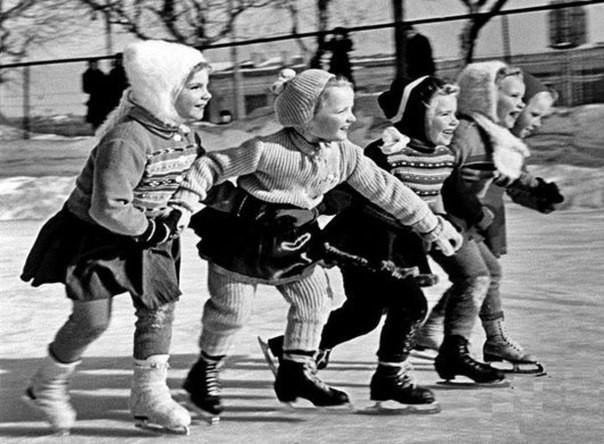
When people stopped believing in a future that was built. When Khrushchev began the persecution — the name of the late Stalin and the Russian Orthodox Church.
In the 80s, when the Soviet Union was already infested with mold of liberalism and Westernism, even there such is the dissident joke:
On the may day demonstration column of the very elderly bears the placard: "thank you, comrade Stalin, for our happy childhood". It runs up to someone in plain clothes:
— Are you kidding me? When you were a child, comrade Stalin was not yet born!
— For that he thanks!
You know, I have always been interested in listening to the stories of parents and grandparents on how they were brought up in the Soviet Union.
I suggest we all remember how it was.
One of the readers sent me an article that was posted following the Soviet educational film.
"WHAT IS GOOD AND WHAT IS BAD"
The Soviet educational film for primary school pupils. The beginning of 70-ies.
Watching this movie and remembering my childhood, I wondered how we could survive at that time. These are the lessons necessary for our younger generation — "Lessons of morality" and not just the knowledge that 2 x 2=4, because in life, sometimes 2×2=5.
Educational film: "What is good and what is bad"
The series includes:
Source: skylineru.net/life/vospitanie-v-sovetskom-soyuze-chto-takoe-xorosho-chto-takoe-ploxo.html
And like many were glad to abandon the only forceful Communist ideology imported from abroad (recall that Marx and Engels were Germans). But being planted in Russian soil, these ideas still got originality.

"Thank you, comrade Stalin, for our happy childhood!" – said generation, restored the country after the war.
Where was the turning point, when the train composition state called the Soviet Union went on the road to the abyss?
In my opinion, its roots lie in 1953, and the first sprouts appeared in 1956 in the notorious XX Congress of the CPSU.

When people stopped believing in a future that was built. When Khrushchev began the persecution — the name of the late Stalin and the Russian Orthodox Church.
In the 80s, when the Soviet Union was already infested with mold of liberalism and Westernism, even there such is the dissident joke:
On the may day demonstration column of the very elderly bears the placard: "thank you, comrade Stalin, for our happy childhood". It runs up to someone in plain clothes:
— Are you kidding me? When you were a child, comrade Stalin was not yet born!
— For that he thanks!
You know, I have always been interested in listening to the stories of parents and grandparents on how they were brought up in the Soviet Union.
I suggest we all remember how it was.
One of the readers sent me an article that was posted following the Soviet educational film.
"WHAT IS GOOD AND WHAT IS BAD"
The Soviet educational film for primary school pupils. The beginning of 70-ies.
Watching this movie and remembering my childhood, I wondered how we could survive at that time. These are the lessons necessary for our younger generation — "Lessons of morality" and not just the knowledge that 2 x 2=4, because in life, sometimes 2×2=5.
- We left the house at eight in the morning and returned late in the evening, and the parents couldn't call us and learn where we with us because we didn't have mobile phones .
- We went to the movies and chose mug section, in which you want to do.
- We rode bikes around the city, climbing buildings and military units, garages and rooftops, swimming without parents in various bodies of water.
- We have missiles and bombs in the powder and magnesium-aluminum mixtures, which, I imagine, flew and exploded.
- We fought with the guys next door, the parents had not sued for bruises and abrasions.
- We drank water columns and cranes, and sometimes just called to a new apartment and asked the unknown person who opened the door for us, give a glass of water. And we never refused.
- We are running to the store for ice cream and pies. If we had, we just went to see their friends without a call and was able to stay the night with them.
- We were familiar with the children of the house, and then the quarter, we had dozens of friends throughout the city, to which we ourselves, without warning the parents, could go on the trolley or bus.
- We ourselves, without parents, went Hiking in the woods!
Educational film: "What is good and what is bad"
The series includes:
- 1. "On courage"
- 2. "Our good deeds"
- 3. "A real friend"
- 4. "Word of honor"
Source: skylineru.net/life/vospitanie-v-sovetskom-soyuze-chto-takoe-xorosho-chto-takoe-ploxo.html

